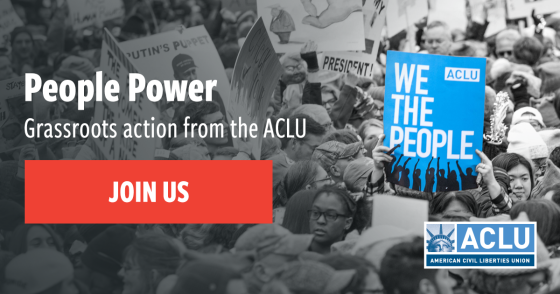As we welcome spring, it’s vitally important to recognize that March is Women’s History Month. While the origins of Women's History Month are relatively new, the contributions and achievements of women are as longstanding as the origins of America itself. As we honor and recognize the women who have shaped Nebraska and our country as a whole, looking at this history with an intersectional lens ensures we are able to honor the contributions of all women who have shaped our society. Rather than compartmentalizing gender and what it means to be a woman, intersectionality recognizes that a person’s individual identities are not separate from one another. Intersectionality gives a name to what we all know to be true: gender is inherently intertwined with race, class, sexual orientation, gender identity, disability status and many other identities.
Honoring the past achievements of women and working toward a future in which womxn have full equality with men must be intersectional: it is only by recognizing that in addition to gender, identities like race, class, LGBTQIA+ status have long been used to keep women at the margins of society, that we can dismantle these systems of oppression. For this reason, during Women’s History Month, we celebrate leaders who not only advance women’s rights generally, but also simultaneously fight for equality for women with multiple marginalized identities.
Recognizing these realities, the ACLU of Nebraska works to achieve a more equitable Nebraska for all women, not only in the month of March but each and every day. We know that women of color, low-income women, and LGBTQIA+ women are the most likely to be subjected to government policies that undermine their most basic civil liberties and freedoms. As such, we seek to ensure that all women have access to education free from sexual harassment, the ability to control whether and when they have children, the ability to work free from discrimination and for equal wages and seek to end the persistent mass incarceration of women and girls all with intersectionality at the forefront.
One way to celebrate Women’s History Month throughout the year is to support local organizations that work tirelessly to advance gender equity and justice through an intersectional lens. Some of our favorites include:
Further, as Nebraska’s legislative session is in full swing, we encourage you to contact your state senator today to ask them to support legislation that will benefit real Nebraska women and their families.
Scout Richters
She/Her/Hers
Legal & Policy Counsel, ACLU of Nebraska
